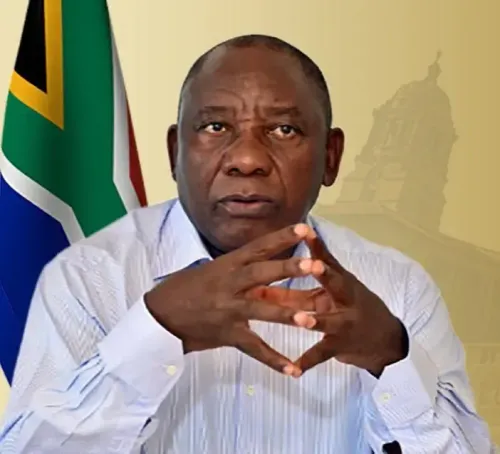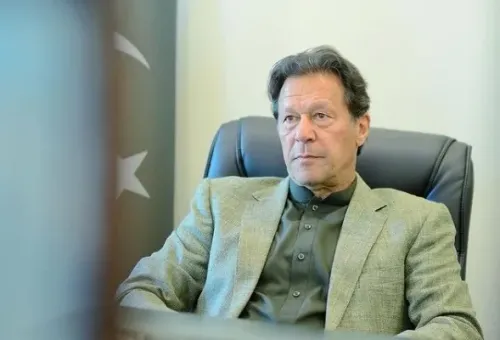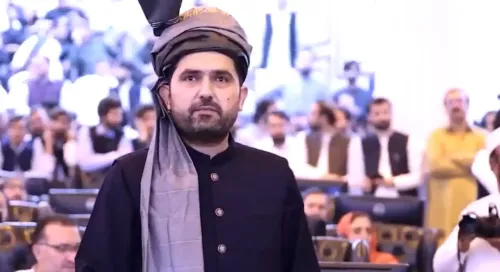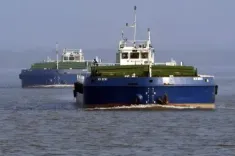The Fate of South Korean President Yoon Suk Yeol Dependent on Impeachment Trial Following Controversial Martial Law Declaration
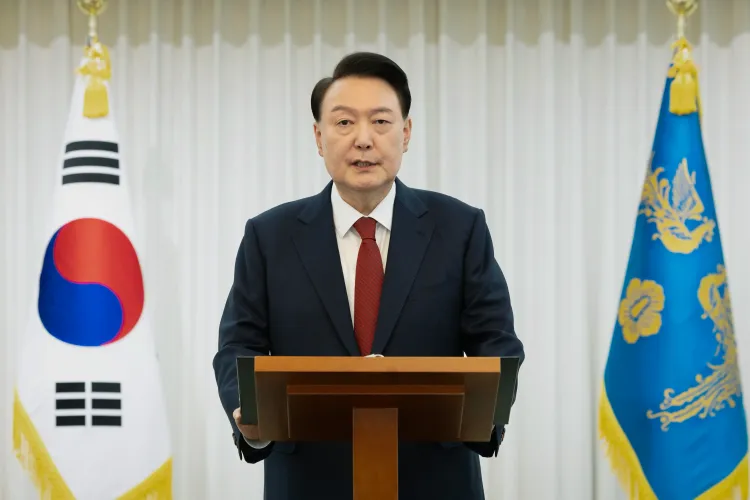
Seoul, Dec 26 (NationPress) The political future of South Korean President Yoon Suk Yeol is precarious as the Constitutional Court reviews his impeachment trial regarding a brief martial law declaration. This situation raises alarms over a potential leadership void during critical economic and security challenges.
Yoon is preparing for a tough legal battle next year after facing impeachment and escalating investigations into his unsuccessful attempt to enforce military rule on the nation’s democracy on December 3. The impeached president has characterized his martial law declaration as a governance measure while rejecting charges of insurrection, according to Yonhap news agency.
The accusations include insurrection and abuse of power for sending military forces to the National Assembly to prevent lawmakers from repealing the decree.
The final verdict on his impeachment lies with the Constitutional Court, where a minimum of six out of nine justices must support the motion for his removal. The impeachment process could extend up to 180 days.
If Yoon, who assumed office in May 2022 for a single five-year term, is ousted, a snap election would be arranged within 60 days.
Lee Jae-myung, the head of the main opposition Democratic Party (DP), is currently viewed as a leading candidate, although he grapples with his own legal troubles, including multiple corruption trials.
Since Yoon’s suspension on December 14, Prime Minister Han Duck-soo has taken on interim leadership.
A seasoned technocrat experienced in diplomacy and trade, Han has committed to stabilizing state affairs and maintaining the nation's security and economic fortitude during this transitional phase.
This political upheaval occurs at a challenging juncture for South Korea, as it strives to solidify alliances with the US and other partners to counter escalating threats from North Korea amid its increasing military collaboration with Russia.
The instability also raises worries about South Korea’s capability to effectively tackle economic and security uncertainties, particularly with the return of former US President Donald Trump to the White House next month.
While Yoon had aimed to engage Trump as soon as his inauguration in late January, it is uncertain whether high-level diplomacy will occur in the early days of Trump’s second term under Seoul's interim leadership.
The leadership void is also anticipated to impact South Korea's relations with Japan, as both nations are set to commemorate the 60th anniversary of their diplomatic ties next year, along with its relationship with China.
In terms of diplomatic initiatives, Han has conducted phone discussions with US President Joe Biden to reinforce the strong bilateral alliance and has spoken with Japanese Prime Minister Shigeru Ishiba to reaffirm the dedication to trilateral cooperation among the US, South Korea, and Japan.
Domestically, Han faces the challenge of balancing the interests of the ruling People Power Party and the DP, which holds a parliamentary majority, to navigate decisions regarding contentious legislation and to execute next year’s budget aimed at rejuvenating the sluggish economy.
The DP has pressed Han to swiftly enact bills calling for special investigations into Yoon’s martial law decree and allegations surrounding first lady Kim Keon Hee, pledging to hold him accountable if he does not comply.
The special counsel bill targeting the first lady is the fourth such proposal, with previous similar bills vetoed by Yoon and discarded in revotes.
Han has until January 1 to determine whether to promulgate these bills or request parliamentary reconsideration.

